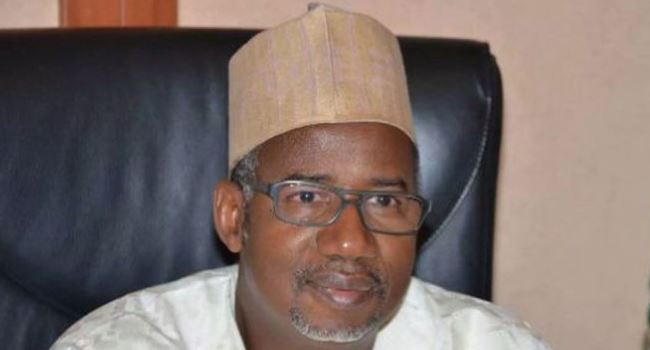Metro
Bauchi harnesses tech to rid off ghost teachers, introduces digital attendance

Bauchi State government has announced the introduction of fingerprint devices as alternative mechanism to mark its teachers’ attendance.
The announcement, which was made by the State Commissioner of Education, Dr Aliyu Tilde, will put an end to the old booklet registry method in the state, and, perhaps, see Bauchi to gradually embrace other technological solutions in driving its education sector.
According to the commissioner, the digital devices were introduced to curb absenteeism among school teachers. He added that the customized devices have been deployed to all 219 secondary schools under the ministry.
Read also: ALLEGED EXTORTION: EFCC searches Shehu Sani’s Abuja home
While noting that the adoption of such technology became necessary to effectively monitor staff conduct, he warned that “salaries of erring staff will be withheld.”
Dr Aliyu, in his remarks, further added that the development was also in a bid to get rid of ghost teachers who get paid without serving the State in due terms.
This digital transformation from the Bauchi State has gone on to remind the public of the 80, 115 ghost workers uncovered within the Nigerian Police Force, NPF, when a similar technology was adopted by the federal government in 2016.
It, therefore, remains to been seen how far this deployment will serve the Bauchi State Government in achieving its set objectives.
Join the conversation
Support Ripples Nigeria, hold up solutions journalism
Balanced, fearless journalism driven by data comes at huge financial costs.
As a media platform, we hold leadership accountable and will not trade the right to press freedom and free speech for a piece of cake.
If you like what we do, and are ready to uphold solutions journalism, kindly donate to the Ripples Nigeria cause.
Your support would help to ensure that citizens and institutions continue to have free access to credible and reliable information for societal development.
























